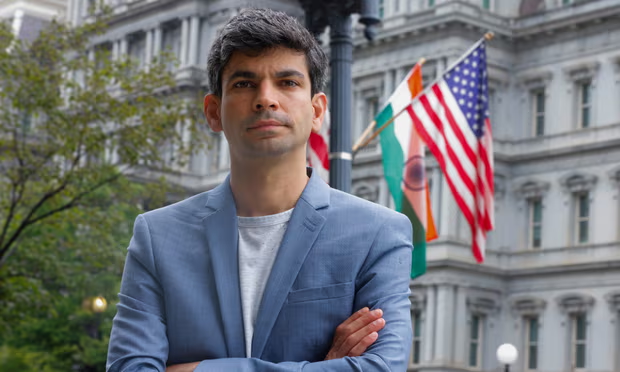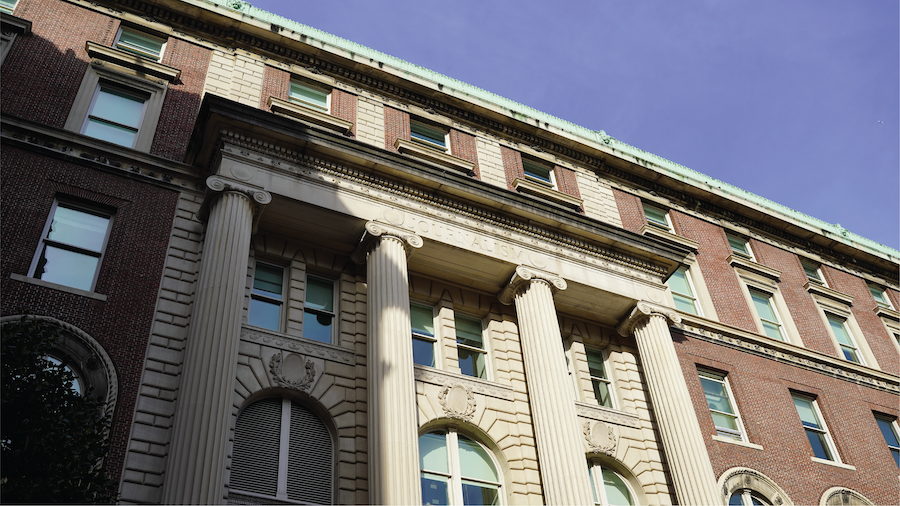In February 2025, the Trump administration announced a significant shift in White House press access, asserting direct control over the selection of journalists in the presidential press pool. This move ended over a century of precedent where the White House Correspondents’ Association (WHCA) managed the rotation of reporters covering the president in close quarters, including aboard Air Force One and in the Oval Office.
Press Secretary Karoline Leavitt defended the change by stating that the administration aimed to include a broader range of media voices, suggesting that the WHCA had maintained a “monopoly” over press access. She emphasized the desire to welcome new outlets into the press pool.
Critics argue that this policy allows the administration to favor sympathetic media outlets while sidelining critical ones. Notably, the Associated Press was barred from certain events after referring to the “Gulf of Mexico” instead of the administration’s preferred term, “Gulf of America.” This incident prompted the AP to file a lawsuit, asserting that the administration’s actions violated First Amendment protections.
The WHCA and various press freedom advocates have condemned the administration’s decision, viewing it as an attempt to undermine journalistic independence and transparency. The WHCA emphasized that the longstanding practice of journalist-led press pool management was designed to ensure fair and unbiased coverage of the presidency.
This development is part of a broader pattern of the Trump administration’s contentious relationship with the media, characterized by efforts to control narratives and limit critical reporting. The administration’s actions have raised concerns about the erosion of press freedoms and the potential impact on democratic accountability.
As the situation evolves, media organizations and press freedom advocates continue to monitor and challenge policies that may compromise the independence and integrity of journalistic practices in the United States.





